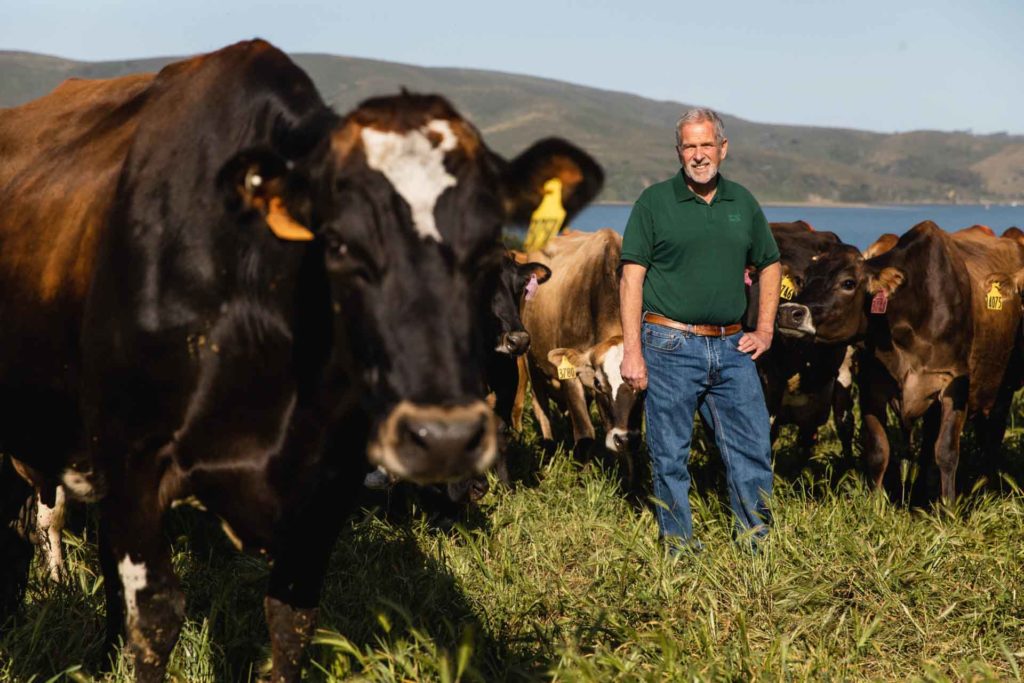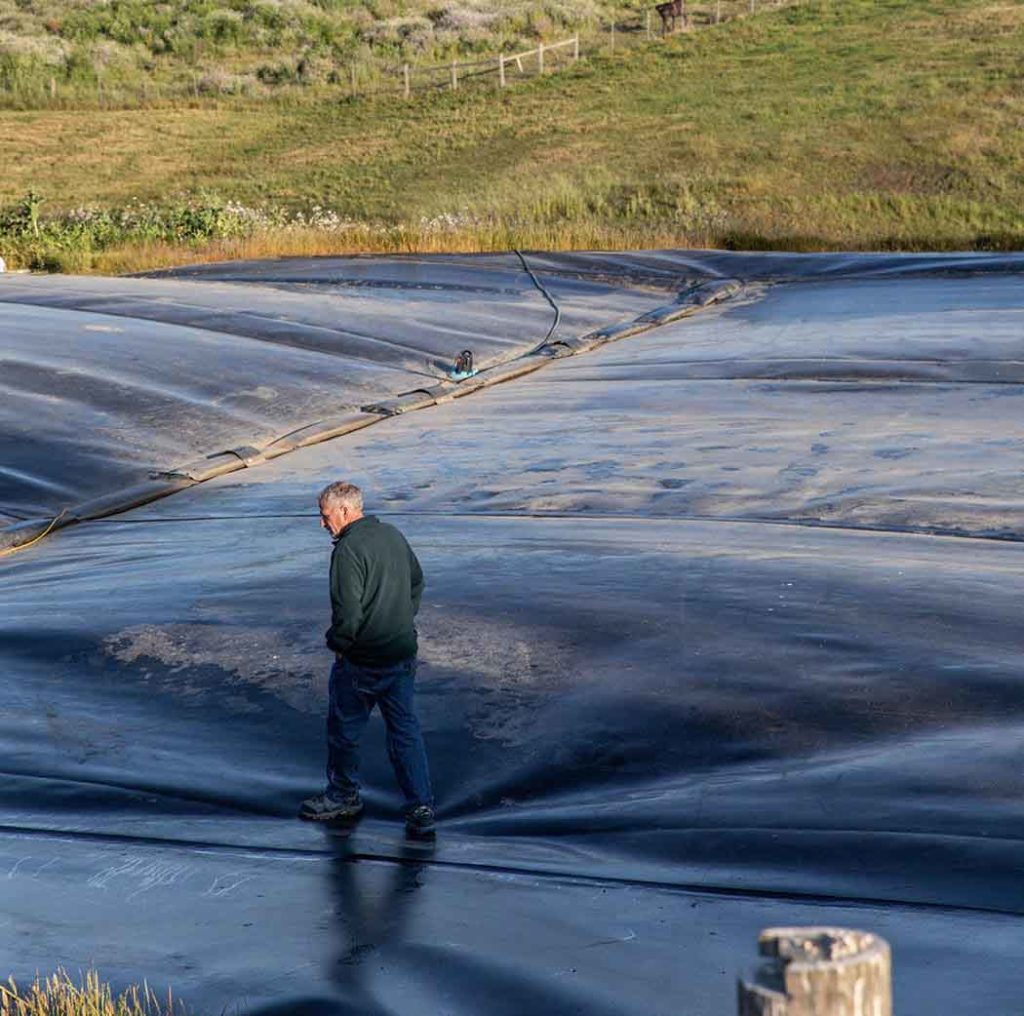Straus Dairy Farm Facts
Near Future
Straus Dairy Farm will reach its carbon-neutral dairy farming model goal.
1,380 mt of CO2e
The farm can potentially reduce its carbon footprint by this amount annually.

